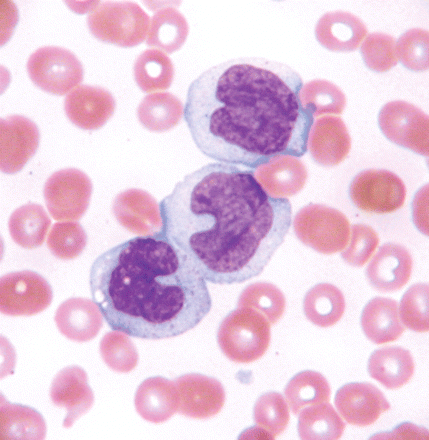Abstract
BACKGROUND
Genomic analysis is essential for risk stratification in patients with acute myeloid leukemia (AML) or myelodysplastic syndromes (MDS). Whole-genome sequencing is a potential replacement for conventional cytogenetic and sequencing approaches, but its accuracy, feasibility, and clinical utility have not been demonstrated.
METHODS
We used a streamlined whole-genome sequencing approach to obtain genomic profiles for 263 patients with myeloid cancers, including 235 patients who had undergone successful cytogenetic analysis. We adapted sample preparation, sequencing, and analysis to detect mutations for risk stratification using existing European Leukemia Network (ELN) guidelines and to minimize turnaround time. We analyzed the performance of whole-genome sequencing by comparing our results with findings from cytogenetic analysis and targeted sequencing.
RESULTS
Whole-genome sequencing detected all 40 recurrent translocations and 91 copy-number alterations that had been identified by cytogenetic analysis. In addition, we identified new clinically reportable genomic events in 40 of 235 patients (17.0%). Prospective sequencing of samples obtained from 117 consecutive patients was performed in a median of 5 days and provided new genetic information in 29 patients (24.8%), which changed the risk category for 19 patients (16.2%). Standard AML risk groups, as defined by sequencing results instead of cytogenetic analysis, correlated with clinical outcomes. Whole-genome sequencing was also used to stratify patients who had inconclusive results by cytogenetic analysis into risk groups in which clinical outcomes were measurably different.
CONCLUSIONS
In our study, we found that whole-genome sequencing provided rapid and accurate genomic profiling in patients with AML or MDS. Such sequencing also provided a greater diagnostic yield than conventional cytogenetic analysis and more efficient risk stratification on the basis of standard risk categories. (Funded by the Siteman Cancer Research Fund and others.)







